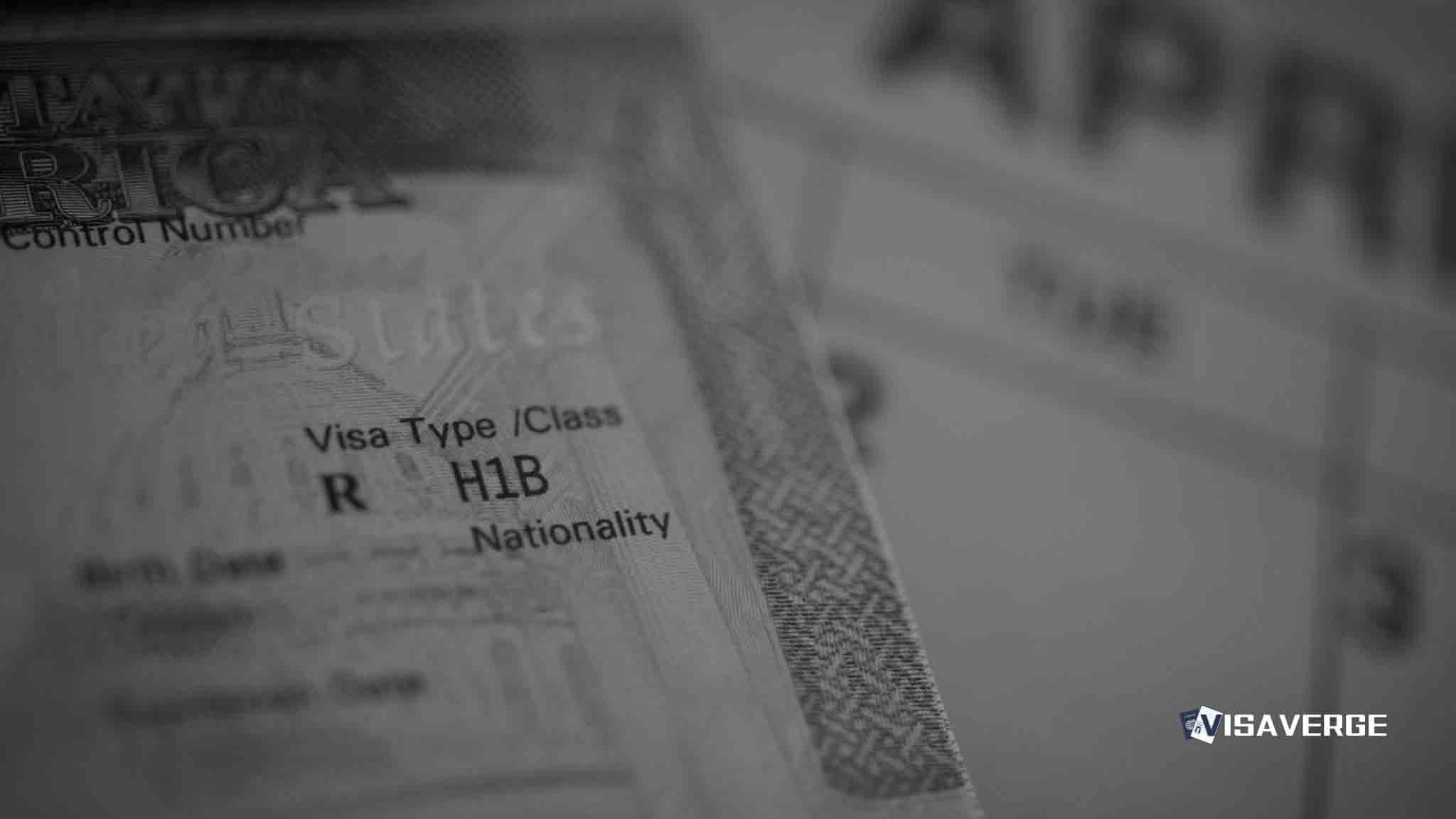(NORTH CAROLINA) Federal immigration arrests in North Carolina have drawn fresh scrutiny after reports that nine people linked to a recent Triangle immigration sweep are being held in New Hanover jail, even as officials release few details about who was detained and why. The reports come amid broader concerns about stepped-up enforcement actions across the state, including a high-profile November 2025 operation in Charlotte that led to more than 130 arrests and was dubbed Operation Charlotte’s Web by federal agents. Immigrant families and advocates say the lack of clear information is deepening fear from Wilmington to the Triangle.
Limited Information About the Triangle Sweep

Details about the Triangle immigration sweep remain scarce. Local law enforcement agencies in the Raleigh-Durham-Chapel Hill region have not publicly confirmed a coordinated operation, but attorneys say they have seen a noticeable jump in clients picked up by federal officers in recent weeks. Some of those individuals, according to community organizers, appear to have been transferred to New Hanover jail in Wilmington, more than two hours away from where they were first arrested.
With no official list of detainees released, families have spent days calling county jails, legal hotlines, and advocacy groups to find loved ones who vanished after early-morning arrests. Lawyers say the lack of transparency is especially hard for mixed-status families, where U.S. citizen children may not know which parent will pick them up from school, or whether a breadwinner will still have a job by the end of the week.
Federal officials have not commented publicly on the specific reports of nine people held in New Hanover jail after the Triangle immigration sweep. U.S. Immigration and Customs Enforcement, known as ICE, typically releases only limited information about targeted operations, often describing them in broad terms as actions against people with criminal records or recent deportation orders. Advocates in North Carolina say those descriptions rarely match what they see on the ground, where long-settled residents with deep community ties are frequently among those taken.
Operation Charlotte’s Web and Statewide Enforcement
The recent Charlotte action, Operation Charlotte’s Web, has become a touchstone for critics who fear that similar tactics are being used quietly in the Triangle and along the coast. During that November weekend sweep, more than 130 people were arrested in and around Charlotte, and federal agents were expected to remain there through Friday before shifting to another operation in New Orleans. According to analysis by VisaVerge.com, the Charlotte arrests reflected a broader nationwide push to increase interior enforcement after years of resource shifts toward the southern border.
Officials have not said whether the Triangle immigration sweep is formally connected to Operation Charlotte’s Web, or whether it is part of a separate series of actions in the Research Triangle region. Still, immigration attorneys in Raleigh and Durham say the timing feels linked, coming within weeks of the Charlotte arrests and involving similar early-morning visits by officers in unmarked vehicles. Some clients report that agents arrived at homes before dawn, asked for specific individuals by name, and then detained others in the household after checking identification.
BREAKING UPDATE
New Hanover Jail as a Detention Hub
In Wilmington, the focus on New Hanover jail highlights how local facilities can become quiet holding centers during federal operations. Although the jail is run by the county sheriff, it can contract with federal agencies to house people held on immigration matters before transfer to longer-term detention centers or out-of-state facilities. Family members often struggle to track these moves in real time, especially if they speak little English or lack internet access, and may only learn of a transfer days later through a hurried phone call.
ICE Priorities vs. Community Experience
ICE says on its website that its operations focus on threats to public safety and people with prior removal orders, but rights groups argue that the agency’s own reports show many detainees have only minor violations or no criminal history at all. Public information available from U.S. Immigration and Customs Enforcement states that so-called targeted actions can still include people encountered incidentally when officers visit a home or workplace, even if those people were not the main focus of the visit. That policy has long alarmed communities in North Carolina with large numbers of mixed-status households.
Guidance for Families Seeking Loved Ones
For families trying to piece together what happened during the Triangle immigration sweep, the immediate concern is contact and legal help. Attorneys say relatives should try to gather basic documents such as passports, previous immigration papers, and any court records, then reach out to qualified legal support as quickly as possible. They also stress that people arrested on immigration grounds still have rights, including the right to remain silent and the right to speak with a lawyer, even if they do not have money to pay one upfront.
-
Gather identification and records
Collect passports, prior immigration documents, and any court records related to the person who was arrested.
-
Contact qualified legal support
Reach out quickly to an immigration attorney or trusted legal aid organization for case-specific guidance.
-
Assert basic rights
Remember that detained individuals have the right to remain silent and to request a lawyer, even if they cannot pay immediately.
The lack of clear public information about who is held in New Hanover jail and other facilities has renewed calls for more cooperation between local authorities and community groups during federal operations. Some sheriffs in North Carolina have in recent years limited formal agreements with ICE, arguing that local jails should not be extensions of federal immigration enforcement. Others maintain closer partnerships, saying they want to remove what they describe as dangerous individuals from their communities, a claim that immigrant advocates say can unfairly paint all noncitizens as threats.
Transparency, Local Cooperation, and Community Response
Meanwhile, people in both the Triangle and Wilmington are left to rely on secondhand reports, social media posts, and hurried messages from detention centers to piece together the scope of the recent arrests. Community groups have organized information sessions in churches and neighborhood centers, explaining how to search for detainees, how bond works in immigration cases, and what steps families can take to prepare emergency plans. They say clear, timely information from federal agencies and local officials would reduce panic and help families make thoughtful decisions instead of reacting in crisis.
-
Searching for detainees
Sessions walk families through online detainee locators, phone calls to jails, and what information they need to have ready.
-
Understanding immigration bond
Advocates explain how bond amounts are set, how to pay, and what conditions may apply after release.
-
Building emergency family plans
Organizers encourage families to designate caregivers, store documents safely, and plan for sudden detention or transfer.
For now, the stories of families searching for nine people said to be held in New Hanover jail, and many others swept up in operations tied in time or tactics to Operation Charlotte’s Web, capture the human cost of immigration enforcement carried out largely out of public view in North Carolina.
Reports indicate nine people reportedly held in New Hanover jail after a Triangle immigration sweep, amid scarce official details. The sweep follows Operation Charlotte’s Web, which saw more than 130 arrests in Charlotte. Advocates say limited transparency deepens fear among mixed-status families; attorneys recommend gathering identification, contacting immigration legal aid, and asserting detainees’ rights. Community groups are organizing sessions on searching for detainees, bond processes, and emergency family planning while calling for clearer local-federal coordination.








